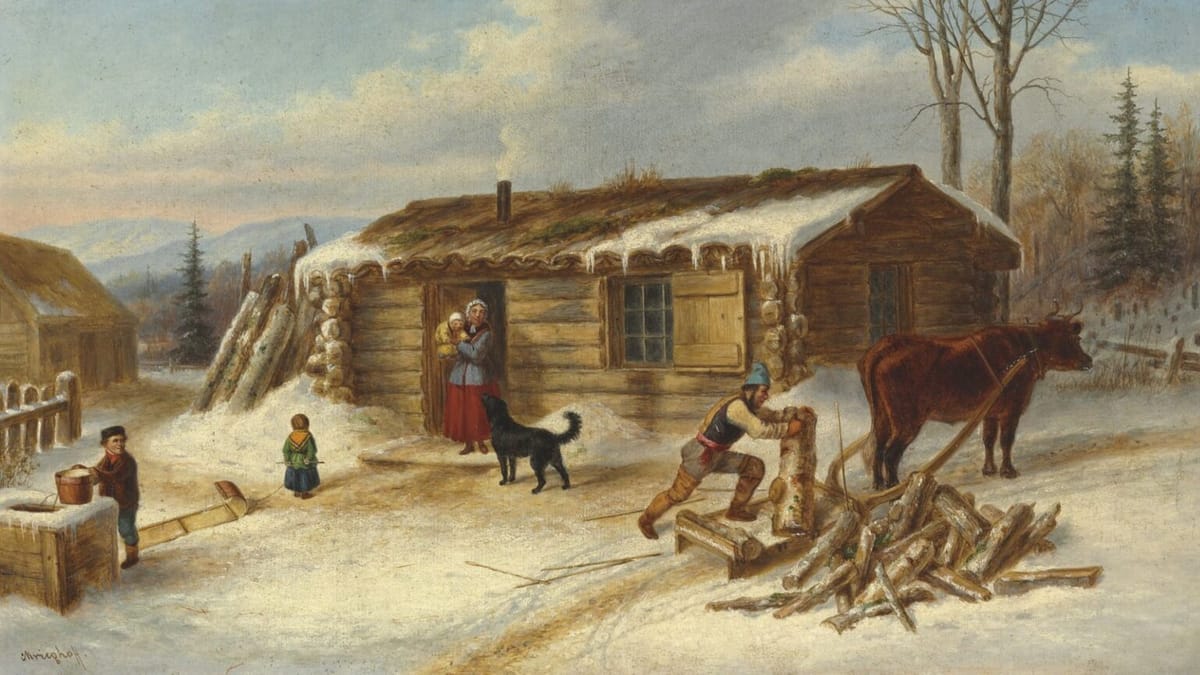The sacred and mundane

This essay was originally published by Travis Northcutt on his blog.
What am I trying to say?
There is value in mundane things done with intention. Do they have to be things you do? Probably not - sitting in a chair can be mundane but can be experienced in a way that gives it a sacral quality (shoutout to Tom Holland).
What do I want people to do with this?
Don't ignore the mundane in your life. It's easy, perhaps even the default, to rush through the mundanity of whatever we're doing and see it as a drag, a negative, a chore. What if instead we approach mundanity with gratitude, intention, etc.? What happens when instead of seeing sweeping the floor as a chore in the way of what you'd rather be doing, you see it as a chance to do a simple thing with care and intention?
I suspect that people who approach more/most/all things in their life with care and intention exude a something that other people notice – consciously or not – and are drawn to. This makes sense – if you treat sweeping the floor with care and intention, then I can feel more confident you'll treat me with care and intention, right? But if you're rushing through your day/week/year/life, then will you have time for me, when I need your care and intention? I don't know.
Ok, so that's a good argument for other people approaching life with care and intention. What about me? Why should I?
One reason would be to draw that kind of person to yourself. Simple enough, good reason.
But what about independent of others? What about just me, in my own being?
Why should I approach washing the dishes each night with care and intention? Why should I try to find the sacred in that?
I think my answer – for me – is that I'm going to wash the dishes, one way or another. And I can let myself be annoyed by that, find it tedious, an obstacle to other things I'd rather do.
Or I can tell myself that my time washing dishes each night is sacred. That there is beauty in doing a routine thing well, and with care, and that perhaps I can move it from merely routine to ritual. That a day, a life, filled with small, sacral moments is a better life than one where those same moments are annoyances to be rushed beyond, toward some grass that is never quite as green as it looked from afar.
